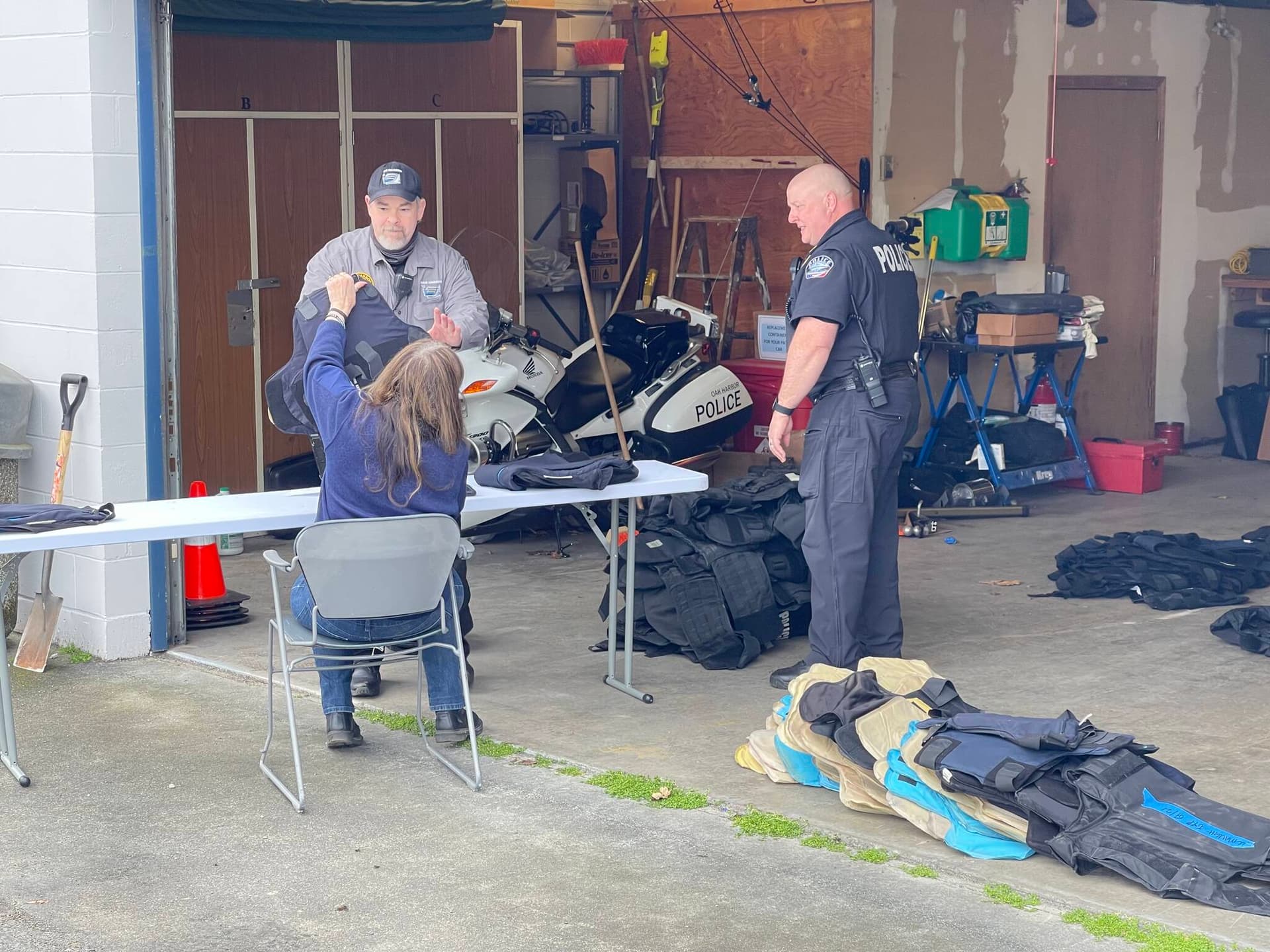Contamination Halted at Coupeville Wharf, Port Faces Cleanup Costs
The Port of Coupeville paused installation of a new underground fuel tank after November 14 soil testing found petroleum contamination at the wharf site, including gasoline levels above state cleanup thresholds. The discovery matters to residents because the port is responsible for remediation, costs could rise by tens of thousands of dollars, and a wider cleanup could force temporary wharf closures and disrupt marine services.

On November 14, the Port of Coupeville placed a planned installation of an underground fuel tank for the Coupeville Wharf on hold after soil testing during excavation work revealed petroleum contamination. Tests identified both diesel and gasoline in the soil, with gasoline levels exceeding state cleanup criteria. The contamination was uncovered while crews were enlarging an excavation prepared for a replacement tank.
Because the contamination sits on port property, the Washington State Department of Ecology has indicated the port carries responsibility for cleanup regardless of the contamination source. Port officials informed the board that remediation work and revisions to the tank installation could increase costs by tens of thousands of dollars, citing an example change order as evidence that the project budget may need material adjustment.
In response to the findings the port is seeking bids for additional soil testing and further study to determine the contamination extent, likely source, and an appropriate remediation plan. Those additional investigations will determine whether contamination is confined to the immediate tank area or is more widespread across the wharf and adjacent soils. If contamination is limited, the port may be able to proceed with the tank replacement once cleanup steps are completed. If testing shows broader contamination, the port could face a larger cleanup obligation and a possible temporary closure of the wharf while remediation is carried out.
The discovery raises questions about historical activity at the site. Tanks removed from the wharf in prior decades did not appear to have leaked, according to port records, which has compelled staff to consider other historical sources or pathways for contamination. The port will need to coordinate closely with the Town of Coupeville and state regulators to settle responsibility for cleanup actions, approve a remediation strategy, and plan any operational changes during the process.
Local residents and marine businesses have a direct stake in the outcome. The Coupeville Wharf serves recreational boaters and regional water access, and any disruption to fueling or wharf operations could affect tourism, fishing, and maritime services in Island County. Financial impacts on the port could also influence future budgets and capital projects, potentially prompting the port to seek grants or adjust project timelines to cover unplanned remediation costs.
Next steps hinge on the additional testing the port is soliciting. That work will clarify whether the contamination is localized and manageable or if a larger cleanup effort will be required. Until the extent of contamination is known Island County residents and wharf users face uncertainty about timing for the replacement tank and the potential for operational interruptions.


